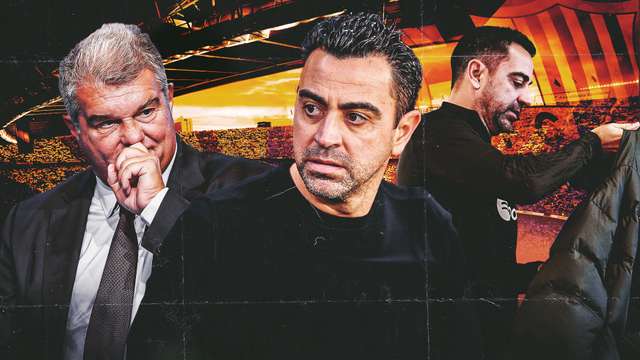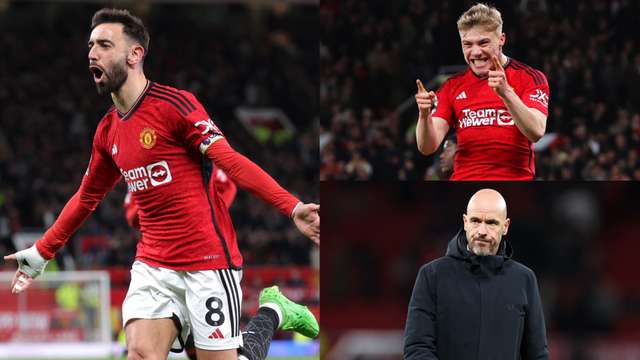It would have made for quite the sight.
As Liverpool’s team bus was whizzed through the crowds outside the Wanda Metropolitano stadium, arriving in plenty of time for the Champions League final, behind them the convoy had ground to a halt.
In fact, the vehicle carrying club officials, former players and their partners, was abandoned a couple of miles short of its destination, unable to negotiate the heavy traffic of east Madrid.
It meant a lengthy walk down the Avenida de Luis Aragones for the 80-strong contingent – no mean feat in 35 degree temperatures – and a chance for fans making the same journey to do a bit of star-spotting.
John W Henry, the principal owner, was there with wife Linda. Chairman Tom Werner and Mike Gordon, president of Fenway Sports Group, made the trek too. Supporters eagerly jostled for photos with Steven Gerrard and Gary McAllister, the latter fresh from a hip operation, while Alex Inglethorpe, the Reds’ academy director, was spied too.
And there, almost unnoticed amid the chaos, passed the man who, aside from Jurgen Klopp, may just have the most important role at the club right now.
Michael Edwards doesn’t do publicity. No time for it. His work happens behind the scenes, in offices and boardrooms, on telephone calls and emails.
In Madrid, though, the fruits of it were there for all to see.
Of all the factors which contributed to Liverpool’s Champions League success, two stand out above all others.
The first is the role of Klopp, whose charisma, personality and underrated tactical acumen make him one of the world’s premier managers.
The second is the quality of the Reds’ recruitment, and the manner in which they have gone about assembling one of the world’s best squads. For that, Edwards and his team must take the bulk of the credit.
It is eight years since the 40-year-old – he celebrated his landmark birthday just before the final – was brought to Merseyside, signed up by Damien Comolli to be the club’s head of performance and analysis.
Comolli had noted Edwards’ work with Portsmouth and Tottenham as a data analyst, and was struck by his confidence and the reports coming back to him.
“He is just someone who... you are struck with how intelligent he is,” he told The Independent recently. “I like the fact he challenges the conventional wisdom, like [legendary American baseball figure] Billy Beane.”
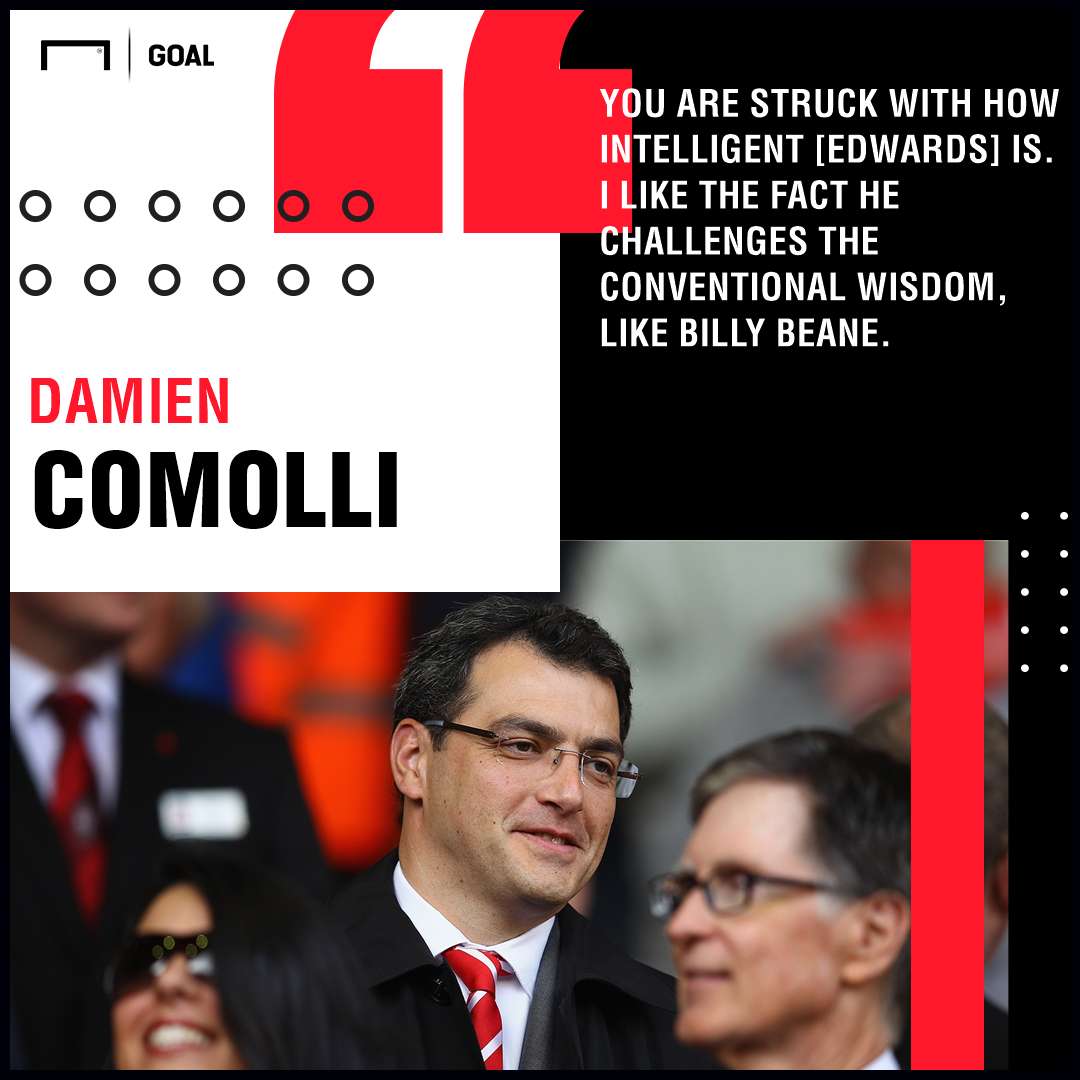 Getty/Goal
Getty/Goal
Edwards’ rise at Liverpool has continued apace. He was promoted to director of technical performance, then made technical director. And in November 2016, he was appointed as the club’s first ever sporting director, responsible for overseeing all football operations, including recruitment, sales, contract negotiations and talent identification.
There had been friction with Brendan Rodgers, the previous manager. Rodgers had rejected the idea of a director of football when appointed in 2012, and his relationship with Edwards, whose influence at the club grew significantly during his reign, was mixed to say the least.
It was no coincidence that, when he was sacked in October 2015, an article appeared in a national newspaper labelling Edwards as “the laptop guru” who “did a number” on Rodgers from his “air-conditioned office".
His relationship with Klopp, needless to say, is rather better. The pair converse regularly, whether via email, Whatsapp or in person. Klopp trusts Edwards’ judgement, and appreciates the work which goes into identifying players who can come in and improve his squad.
Liverpool’s attention to detail when it comes to recruitment is remarkable. They are market leaders when it comes to data analysis, and are among the best in the world when it comes to dealing with player agents – a huge aspect of modern recruitment.
It was Edwards, backed by his team, who pushed for the signing of Mohamed Salah in 2017. Armed with bundles of data, mountains of clips and first-hand scouting reports, Edwards convinced Klopp the Egyptian had the temperament and hunger to succeed in his second crack at English football.
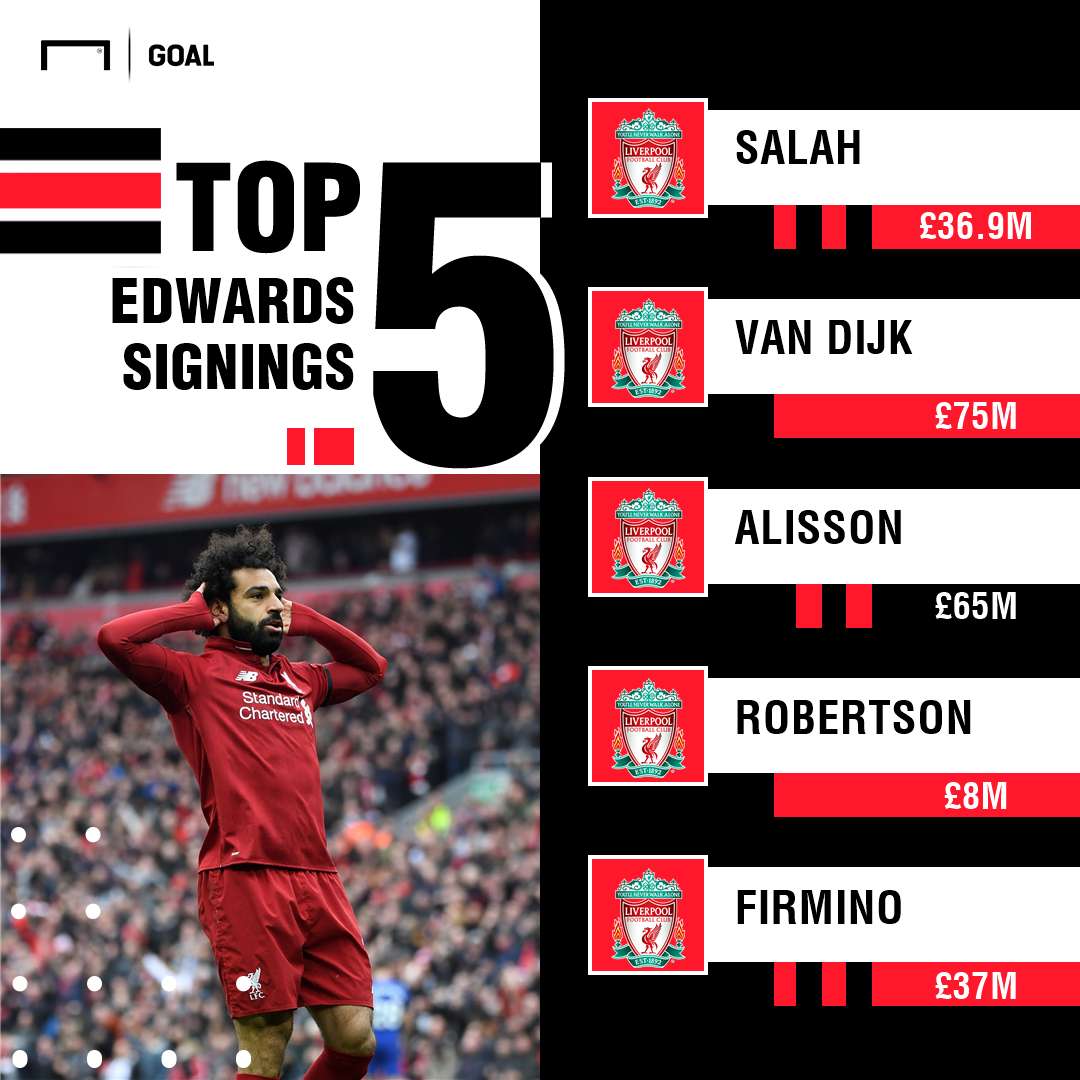
“They just wouldn’t get out of my ear about him,” the German said. The £36.9m ($47m) paid to Roma represents one of the bargains of the century.
Likewise the £75m ($95m) spent on Virgil van Dijk in 2018, or the £65m ($83m) signing of Alisson Becker last summer.
Roberto Firmino, Gini Wijnaldum, Fabinho and Andy Robertson, who cost a barely-believable £8m (£10.1m), stand as four more outstanding signings, and it would be no surprise should Naby Keita go on to join the list.
Divock Origi, the hero of the Champions League semi-finals and final, was an Edwards recommendation, costing just £10m ($12.7m) in 2014.
His team, featuring chief scout Hunter, head of scouting and recruitment Dave Fallows and a four-man research group, headed by Ian Graham, are among the best in the business.
Liverpool do not only buy well, but sell well too. In the last three years alone, they have collected more than £300m ($382) in transfer fees. That figure is likely to rise this summer, with the likes of Marko Grujic and Harry Wilson very much in the shop window.
These people – Edwards and Hunter, Fallows and Graham, Julian Ward, the club’s loan pathways and football partnerships manager – are the real unsung heroes behind Liverpool’s success, the men whose work provides the platform for Klopp and for Salah and for Van Dijk to do what they do best.
On the pitch, the Reds are in rude health. And they’re not doing so badly off it, either.

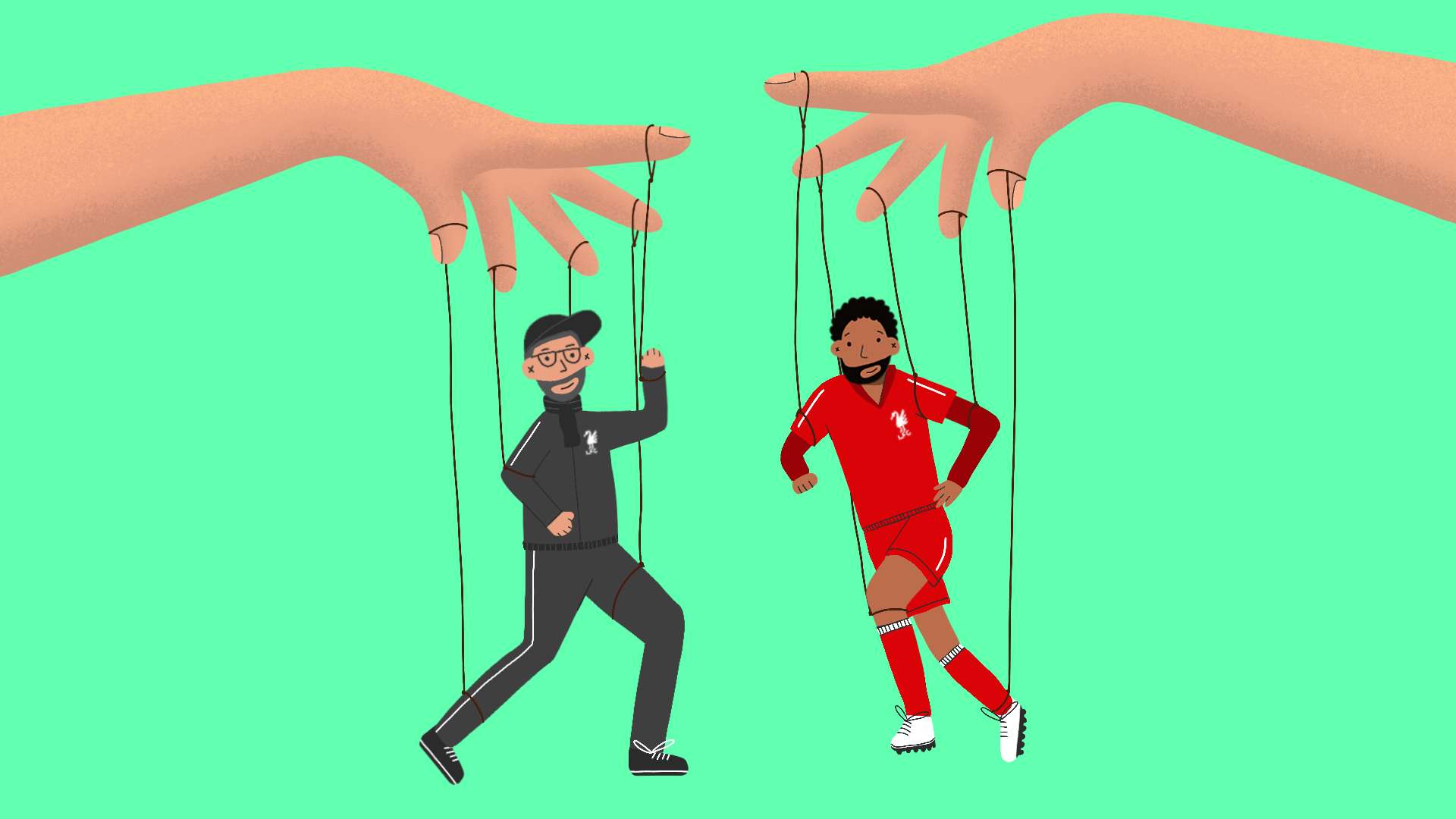




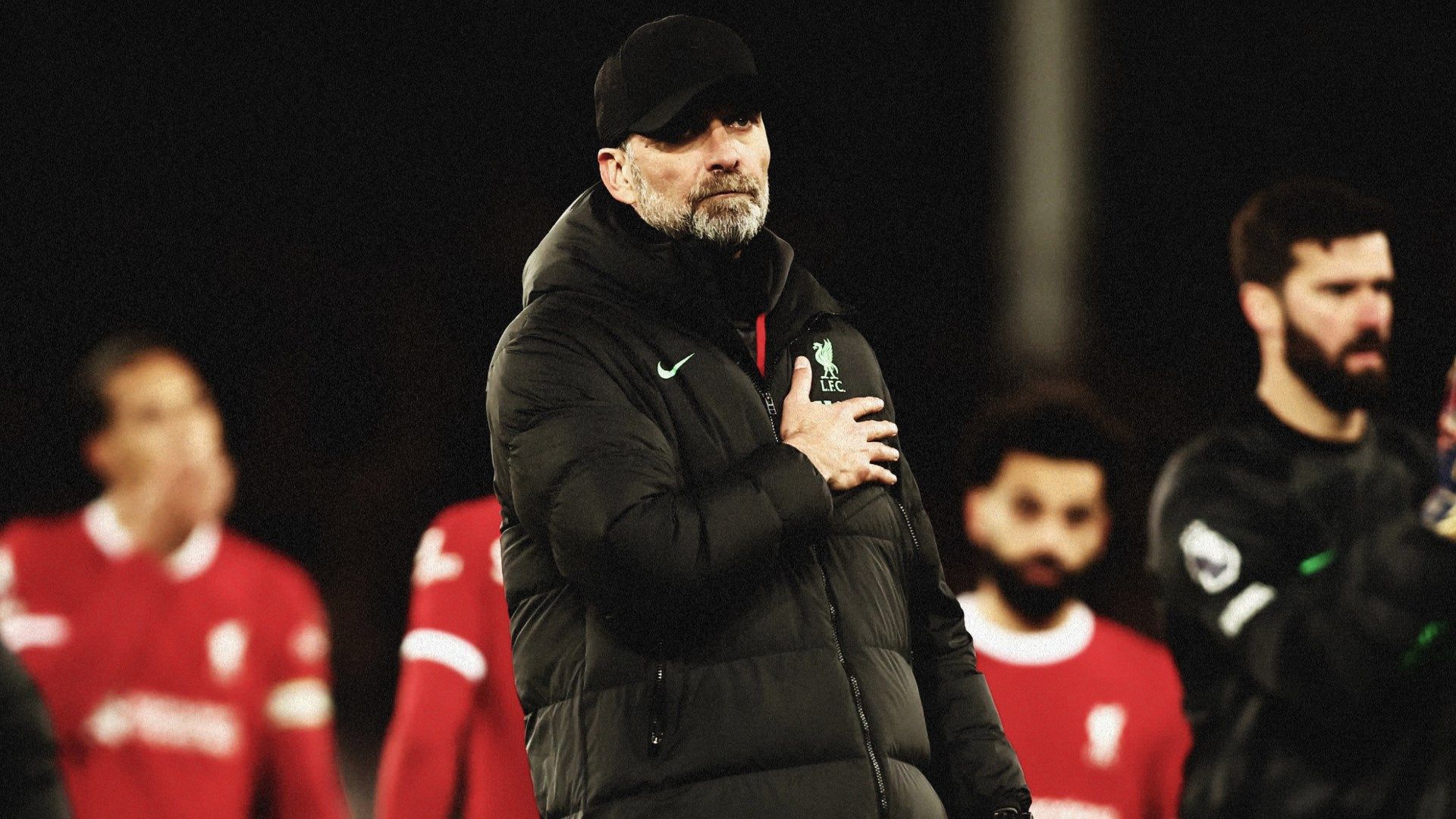.jpg?auto=webp&format=pjpg&width=640&quality=60)
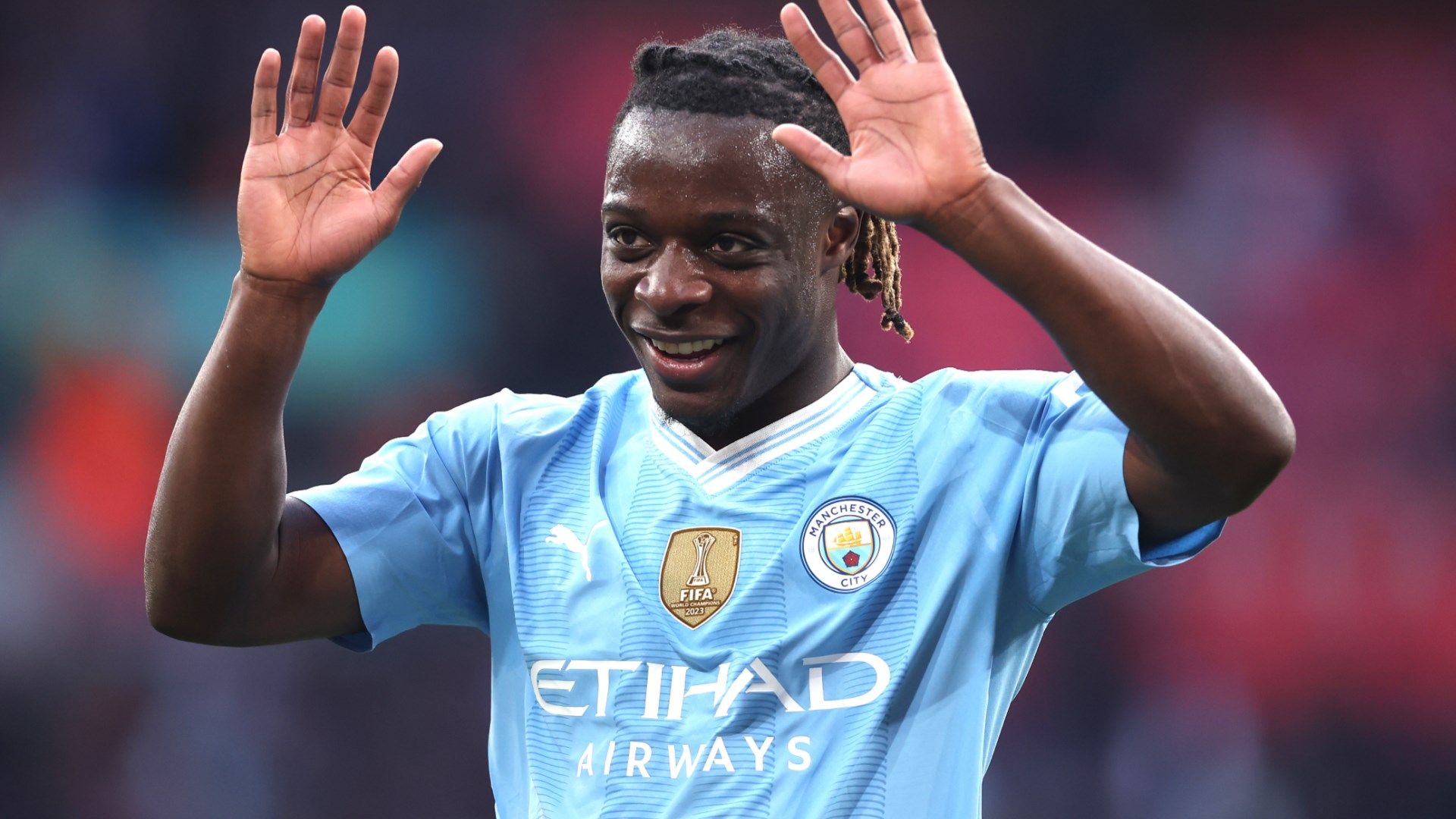.jpg?auto=webp&format=pjpg&width=640&quality=60)
